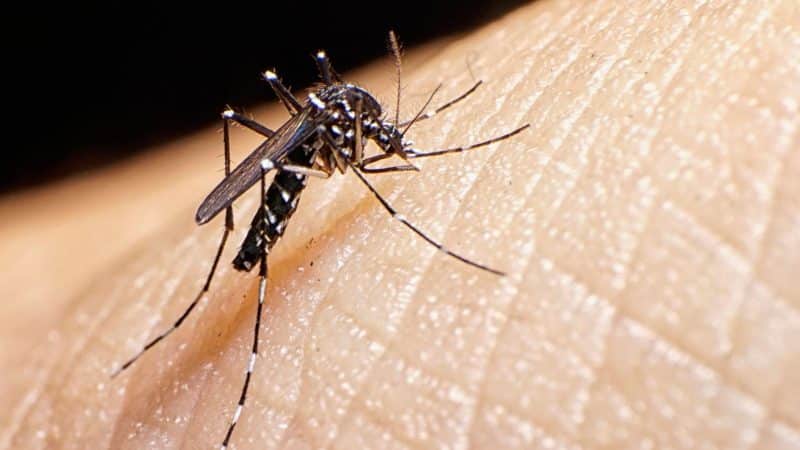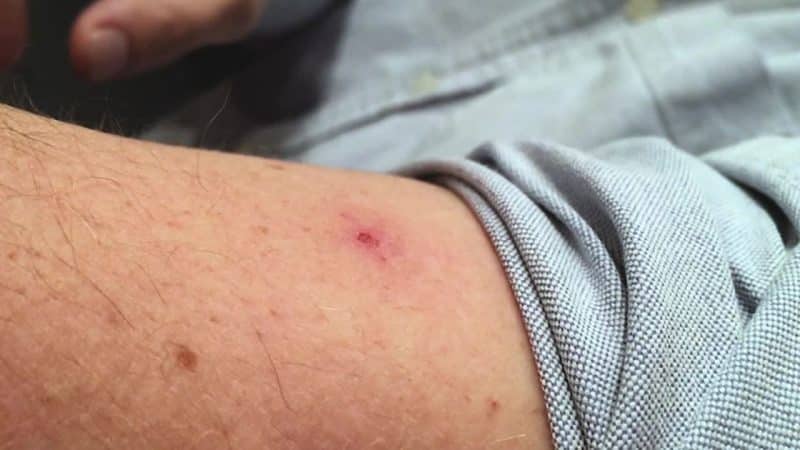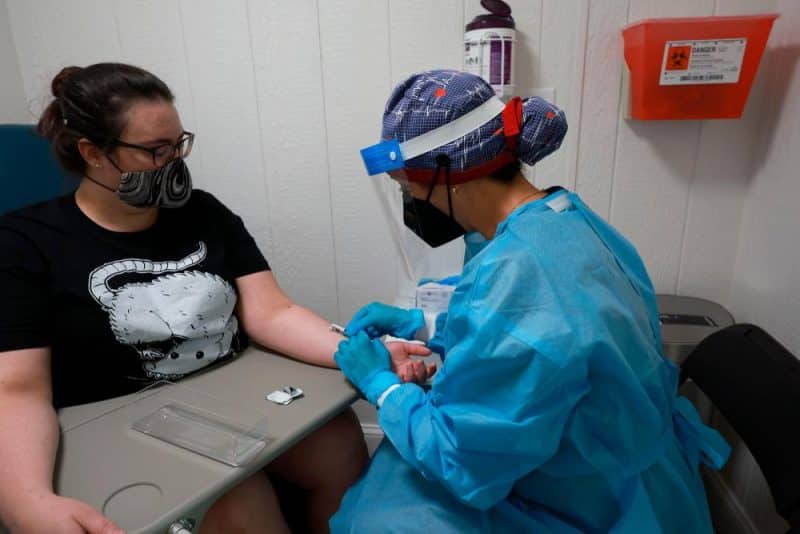Getting infected by a mosquito-borne virus is always a grueling battle. Public health officials in the Unites States have been keeping an eye on the diseases caused by mosquitoes. More than eighteen deaths from the West Nile Virus alone occurred this year. Recently, three died in Illinois and Wisconsin. Six cases of Triple E have been reported. Dengue cases have also risen through the years. Scientists discovered that there has been an increase in the number of West Nile, dengue, and EEE cases after the COVID-19 pandemic.

How Common Are These Diseases?
Studies show West Nile Virus is the main cause of mosquito-borne disease in the U.S. In 1999, this virus was discovered in the Western Hemisphere. People then were diagnosed in New York.
Dengue comes from bites of infected Aedes mosquito species. Most vector mosquitoes are found in subtropical and tropical regions. These mosquitoes are also carriers of the chikungunya and Zika viruses.
Triple E or EEE is a rare mosquito-borne disease. Only a few cases of infected people have been reported in the U.S. each year. Most cases appear in the Gulf Coast states. Lately, there has been a surge of cases in Massachusetts.
The Symptoms
Most people infected by the West Nile virus are asymptomatic. But one in five of them will have the following symptoms:
- Rashes
- Headaches
- Vomiting
- Body aches
- Diarrhea
- Joint pain

These symptoms will often fade in about a week for most individuals. Fatigue and weakness may last for weeks or even months. Some people can experience a more concerning progression of the disease. West Nile encephalitis is a more severe form of the disease. The infected person will have brain swelling that could be life-threatening.
People with dengue develop the following symptoms that can last two to seven days:
- Bone pain
- Fever
- Joint pain
- Petechial rashes
- Muscle pain
- Nausea
- Vomiting
Research reveals that infected people contract dengue while visiting a country where dengue is common. They bring the virus back to the United States.
Many people who get infected by EEE may or may not be symptomatic. But severe cases of this mosquito-borne disease exhibit vomiting, chills, fever, and headache. This illness may also progress to meningitis or encephalitis. Survivors can continue to suffer from intellectual disability and neurologic problems. Statistics show that almost 30% of Triple E encephalitis die.
Vaccines and Treatments
The CDC suggests over-the-counter medications to target the symptoms. Infected people must also drink lots of fluids and rest. Those who manifest severe illness must be hospitalized. There, they can receive more supportive treatments like IV fluids.

There are still no available vaccines for EEE or West Nile virus. However, there is a dengue vaccine available in the United States. This vaccine is FDA-approved for children 9 to 16 years of age. These kids must have been infected by dengue before. They should also reside in places where dengue is common.

Protecting yourself and your loved ones from mosquito bites is the most effective way to avoid getting infected by any mosquito-borne disease. These measures include applying repellents, wearing long sleeves and pants, and staying indoors from dusk until dawn. Cleaning your yard and pouring out stagnant water can also get rid of mosquito breeding areas. Do your homework as well. Knowing the symptoms of each mosquito-borne disease can help you get immediate medical attention. Quick thinking can help prevent fatal complications.